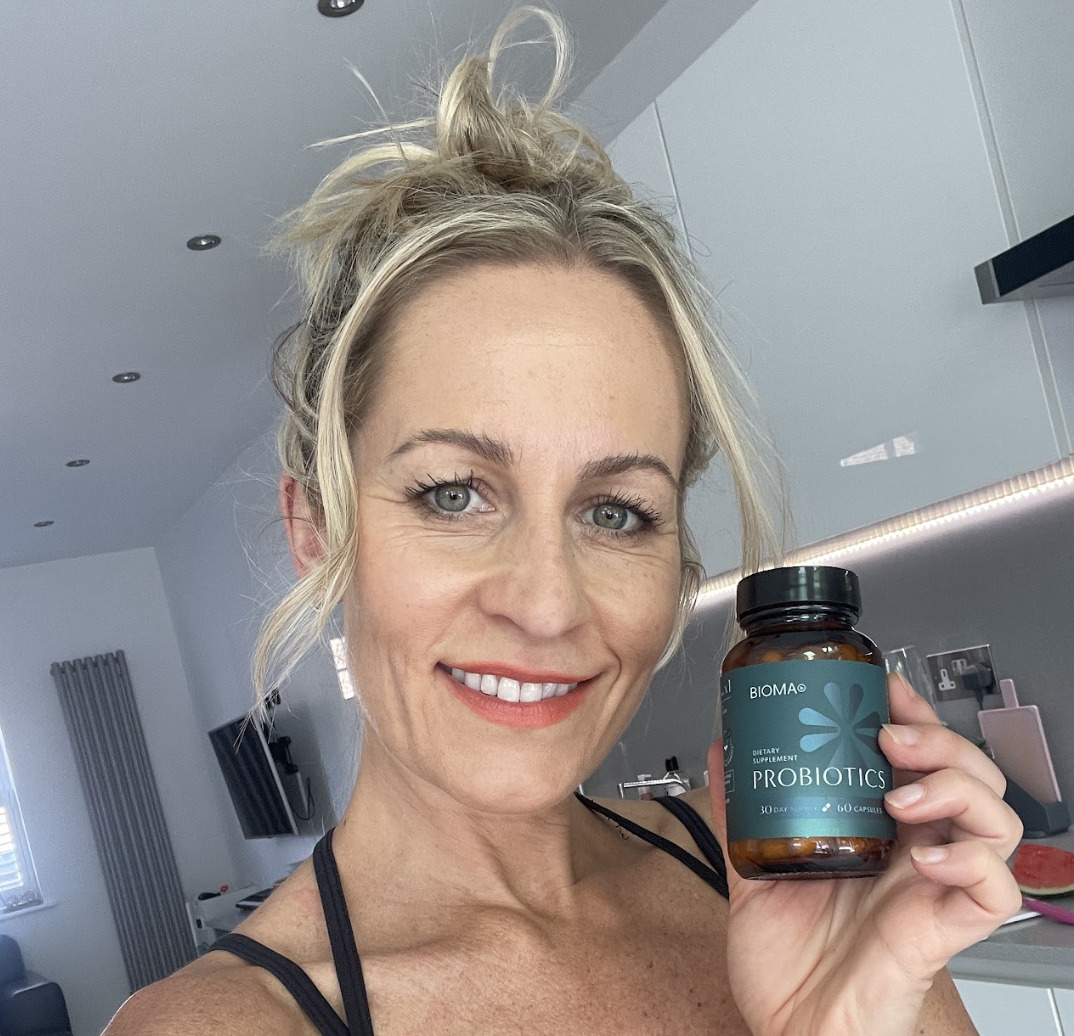Prebiotic Foods: What are they?
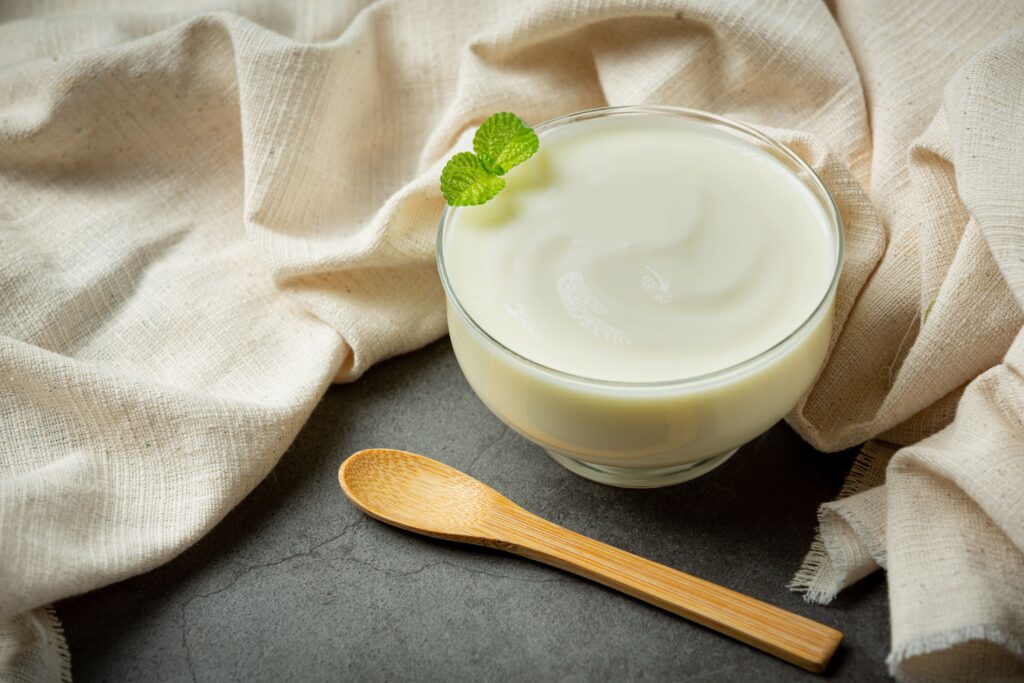
Exploring the world of the best prebiotic foods can be a game changer for anyone looking to enhance their gut health. These special types of dietary fibers play a crucial role in nurturing good gut bacteria, leading to a multitude of health benefits.
Unlike other dietary components, prebiotics specifically feed the good gut bacteria in our digestive system, contributing to our overall well-being. In this article, we’ll dive into what the best prebiotic foods are, the benefits of a prebiotic-rich diet, and how to easily include them in your meals for better gut health.
What Are Prebiotic Foods?
Prebiotic food sources are rich in specific types of fibers that our bodies cannot digest. Instead, these fibers travel to our lower digestive tract where they become food for our healthy gut bacteria. This helps to foster a thriving gut microbiome.
It’s important to differentiate prebiotics from probiotics, as the former are fibers that feed bacteria, while the latter are live beneficial bacteria themselves. Incorporating prebiotic foods into your diet can significantly promote healthy gut microbiota and improve your overall digestive health.
Benefits of a Prebiotic-Rich Diet
Adopting a diet rich in prebiotics offers a variety of health benefits:
Improved gut health. Prebiotics help maintain a balanced gut by nurturing healthy gut bacteria, crucial for a good gut microbiome.
Enhanced immune system. A strong immune system is partly rooted in a healthy gut, and prebiotics play a significant role in its support.
Better digestive health. Regular intake of prebiotics can improve digestive system functioning and help combat issues like irritable bowel syndrome.
Support for blood sugar control. By influencing the gut microbiota, prebiotics can aid in maintaining stable blood sugar levels.
Weight management. Consuming prebiotic-rich foods can help promote a healthy weight by improving satiety and potentially helping to suppress weight gain.
Production of short chain fatty acids. The fermentation of prebiotics by gut bacteria produces short chain fatty acids which have various health benefits.
These benefits highlight the importance of including prebiotic foods in a healthy diet to support not only gut health but also overall health.

High Prebiotic Foods to Include
Incorporating high-prebiotic ingredients into your diet is easier than you might think. These foods are not only nutritious but also versatile and delicious. Some of the best sources include:
Chicory root. Known for its high inulin fiber content, chicory root is a top choice for boosting prebiotic intake.
Jerusalem artichokes. Also rich in inulin, these tubers support gut health and immune function.
Garlic. This common kitchen ingredient is not just flavorful; it’s also a great source of prebiotics, helping to grow beneficial gut bacteria.
Onions. Packed with prebiotic fibers, onions can enhance digestive health and support a healthy gut microbiome.
Dandelion greens. These leafy vegetables are not only nutritious but also have a high prebiotic fiber content.
Whole grains like barley and oats are excellent choices for incorporating resistant starch, another form of prebiotic fiber.
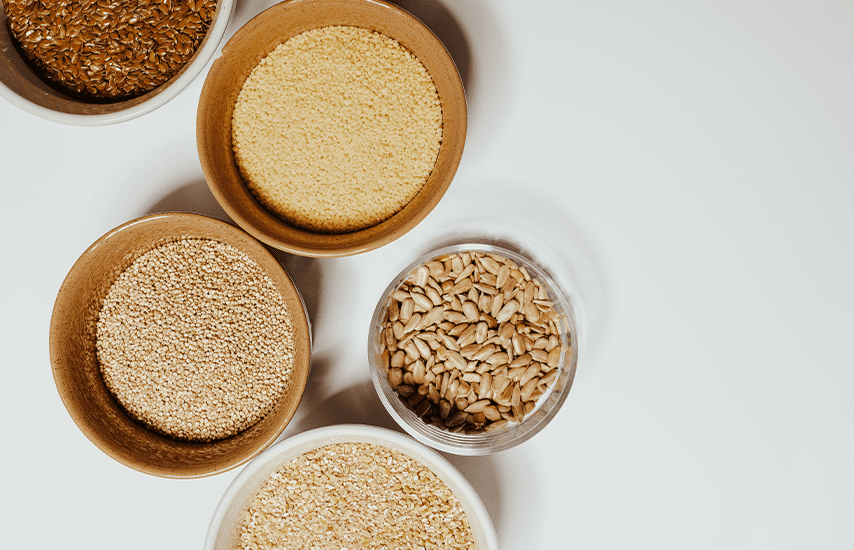
In addition to the commonly known prebiotic sources, beta-glucan, a form of soluble fiber found in whole grains like oats and barley, is noteworthy for its prebiotic properties. Beta-glucan not only supports the growth of good gut microbes but also has anti-inflammatory properties. It contributes to the production of short chain fatty acids in the intestinal tract, which are crucial for maintaining gut health.
Another important source is prebiotic inulin fiber, found in foods like garlic and onions. This type of fiber helps nourish the gut flora and, in turn, helps these beneficial microbes produce nutrients essential for healthy adults. It’s important to note that prebiotics occur naturally in many foods, providing an easy way to support digestive health.
Including these high-fiber foods in your diet can help ensure that your gut microbiota is well-fed and balanced.
How to Include Prebiotics in Your Meals
Incorporating prebiotic foods into your diet is a straightforward and tasty way to boost your gut health. Here are more tips and ideas to help you easily add these beneficial fibers to your daily meals:
Break your fast with prebiotics. Begin your day with a prebiotic boost. A bowl of oatmeal or whole-grain cereal topped with bananas, apples, or berries offers a delicious dose of prebiotic fiber. You can also add a sprinkle of chicory root powder to your morning coffee or smoothie.
Prebiotics can be a part of lunch or dinner. Salads with dandelion greens or a side of sautéed Jerusalem artichokes can significantly increase your prebiotic intake. When cooking soups, stews, or sauces, include garlic and onions for an additional prebiotic kick. Opt for whole-grain pasta, bread, or rice to ensure you’re getting enough resistant starch.
Snack on it. Raw garlic and onions can be potent prebiotic sources. Consider pickled or roasted garlic as a side or a snack. Hummus, which often contains garlic, can be a great prebiotic-rich dip for vegetables.
Get creative. Experiment with incorporating prebiotic-rich ingredients into your favorite recipes. For example, use Jerusalem artichokes in a stir-fry, or add chicory to baked goods for an extra fiber boost.
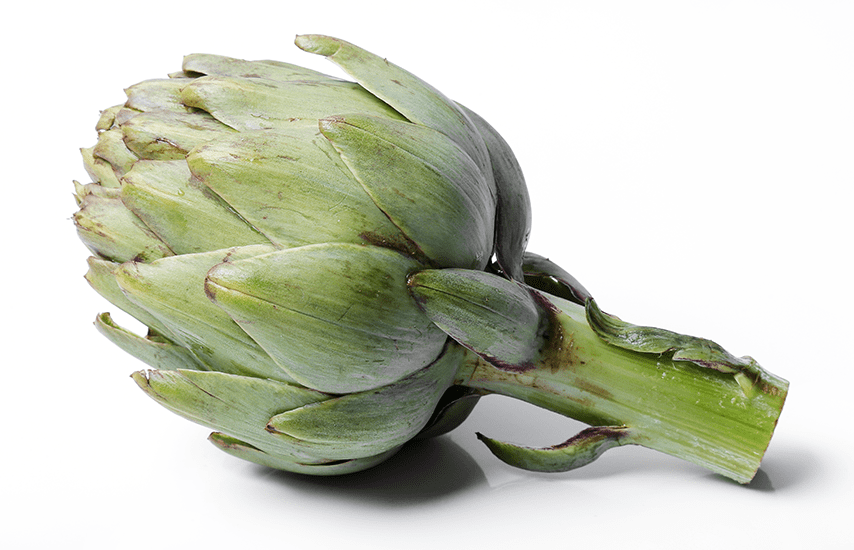
When planning meals, consider the balance of dietary fat and prebiotic fibers. While processed foods often lack beneficial fibers and can disrupt gut flora, incorporating fresh, whole foods rich in prebiotics can promote healthy digestion. For instance, choosing whole grains rich in beta-glucan not only provides prebiotic inulin fiber but also contributes to good bacteria growth.
Additionally, adding sources of vitamin C, like citrus fruits or bell peppers, to meals with prebiotic-rich foods can enhance the absorption of nutrients. This combination is particularly beneficial for healthy subjects looking to boost their immune system and ensure a balanced intake of essential vitamins and minerals.
Remember, the key to a thriving gut microbiome is variety. Consuming a range of prebiotic foods ensures you’re feeding all the different types of beneficial gut bacteria in your system, leading to better digestion and overall health.
Prebiotic Supplements vs. Natural Sources
The choice between sourcing prebiotics from natural foods or opting for supplements like Bioma is significant, especially when considering gut and digestive health.
Rich in prebiotic fiber, foods like chicory root, Jerusalem artichokes, and dandelion greens offer a natural way to enhance your gut microbiota. These fiber-rich foods provide a range of nutrients alongside prebiotics. However, their availability can be limited by seasonality, and certain cooking methods might reduce their fiber content.
For consistent and convenient gut microbiome support, supplements like Bioma are an excellent choice. Bioma is unique in that it combines prebiotics, probiotics, and postbiotics in one formula, offering comprehensive support for healthy gut bacteria. This eliminates the dependence on seasonal produce and specific cooking methods.

Benefits of Bioma
Decided to cut corners and choose a dietary supplement? We don’t judge you. In fact, you’re on the right track since Bioma has much to offer thanks to its’ prebiotic, probiotic, and postbiotic trifecta:
Comprehensive gut support. It promotes a healthy gut microbiome, vital for overall health.
Immune boosting. Bioma contributes to a stronger immune system.
Digestive health. It supports healthy digestion, reducing issues like irritable bowel syndrome.
Balanced microflora. Bioma aids in maintaining a healthy gut, crucial for nutrient absorption and good gut health.
Whether you prefer natural prebiotic-rich sources or the convenience of a supplement like Bioma, both paths offer valuable support for your gut health.
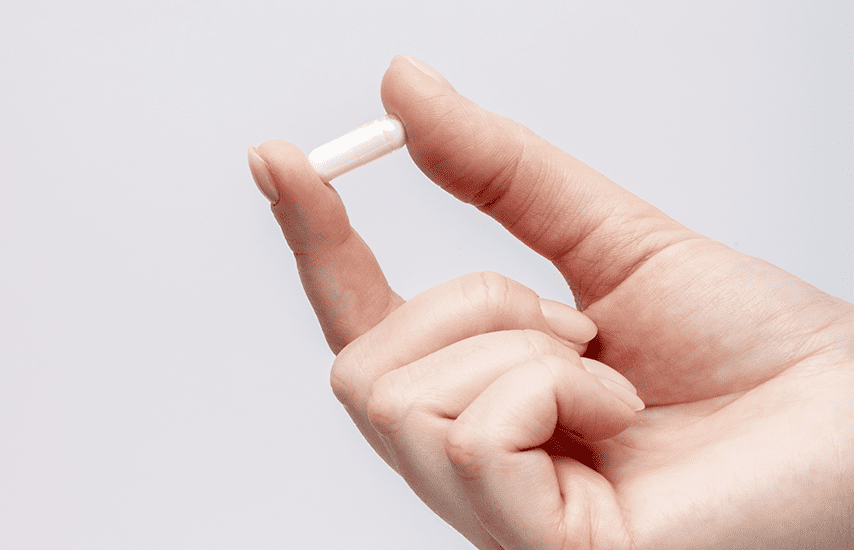
Gut Health and Prebiotics
Understanding the connection between gut health and prebiotics is key to appreciating their role in human health.
Prebiotics, particularly those found in high-fiber foods like whole grains and dandelion greens, are essential for nurturing good gut bacteria. These beneficial microbes help in various physiological processes, from aiding digestion to strengthening the immune system.
Bacteria in your gut. The gut microbiota consists of a complex community of microbes. Prebiotics help to maintain a healthy balance by feeding good bacteria, which are instrumental in warding off harmful bacteria.
Soluble fiber and gut health. Many prebiotics are a form of soluble fiber. They not only aid digestion but also help in the production of short-chain fatty acids, beneficial compounds that can decrease inflammation and support colon health.
Impact beyond the gut. The benefits of a well-balanced gut extend beyond the gastrointestinal tract. Studies in food science and nutrition research suggest that prebiotics can influence overall health, potentially reducing risks like cardiovascular disease.
Conclusion
The journey through the world of prebiotics reveals their indispensable role in maintaining gut health and promoting healthy bacteria. From fermented foods to fresh fruit, integrating prebiotic-rich items into your diet is a delicious and effective way to support your immune system, foster a balanced gut microbiota, and contribute to human health.
Whether through dietary supplements or natural sources, the prebiotic benefits are vast and impactful. As more research emerges, the importance of these fibers, especially in their natural form as part of a healthy diet, becomes increasingly clear.
Remember, not all dietary fibers are created equal, but those that act as prebiotics, such as inulin-rich dietary fiber, are especially beneficial for good gut health and overall well-being.
Sources
https://www.scielo.br/j/cta/a/NjPr75pbXc5vD3Hs4Cn5XKG/?lang=en
Related articles
